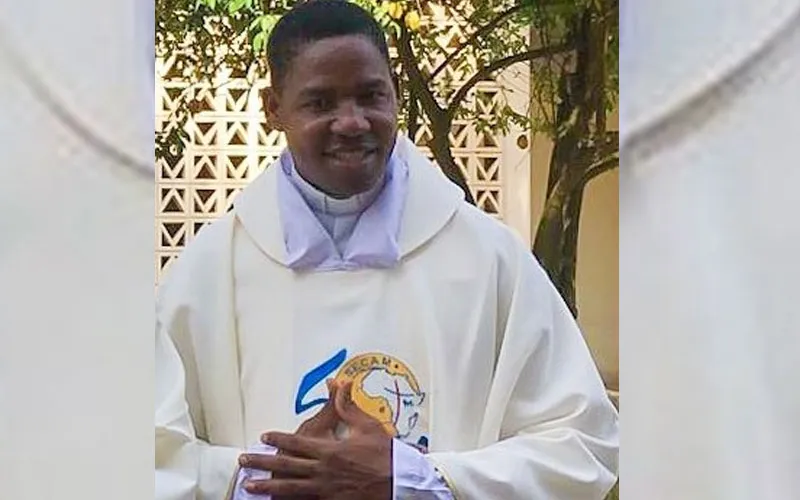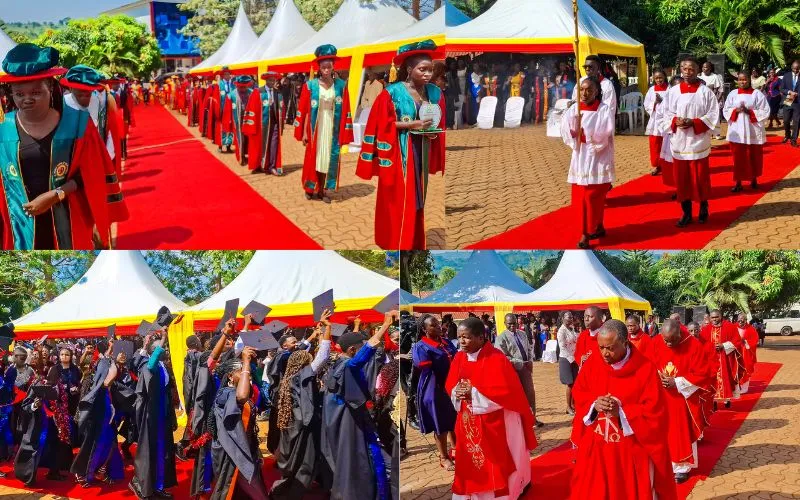Accra, 25 August, 2021 / 8:15 pm (ACI Africa).
The way of being church through membership in Small Christian Communities (SCCs) in Africa portrays a true experience of communion and collaboration, a Catholic Priest has said.
In a Monday, August 23 publication used for his presentation to participants in the Inter-regional Meeting of the Bishops of Southern Africa (IMBISA) session on Consultation on Synodal Processes, Fr. Rafael Simbine Junior links SCCs and synodality.
“This is the true experience of synodality that has been lived out in the SCCs: experience of communion, participation and mission, evangelizing themselves and bringing the Good News to others,” Fr. Simbine says, addressing himself to those involved in preparing for the Synod on Synodality in IMBISA.
In March last year, Pope Francis announced that the next ordinary Synod of Catholic Bishops would be on synodality and that Catholic Bishops from around the world would gather at the Vatican in October 2022 to discuss the theme, “For a synodal Church: communion, participation and mission.”
In the August 23 publication, Fr. Simbine continues, “Small Christian Communities are truly places for studying, meditating upon and sharing the Word of God. They are seeking ways of expressing the Christian faith in the typical settings of a traditional African community.”








